Related Movies

Apocalypse Now (1979)
At the height of the Vietnam war, Captain Benjamin Willard is sent on a dangerous mission that, officially, "does not exist, nor will it ever exist." His goal is to locate - and eliminate - a mysterious Green Beret Colonel named Walter Kurtz, who has been leading his personal army on illegal guerrilla missions into enemy territory.
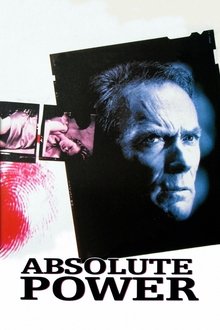
Absolute Power (1997)
A master thief coincidentally is robbing a house where a murder—in which the President of the United States is involved—occurs in front of his eyes. He is forced to run, while holding evidence that could convict the President.
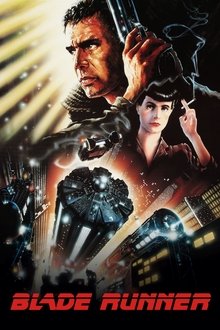
Blade Runner (1982)
In the smog-choked dystopian Los Angeles of 2019, blade runner Rick Deckard is called out of retirement to terminate a quartet of replicants who have escaped to Earth seeking their creator for a way to extend their short life spans.
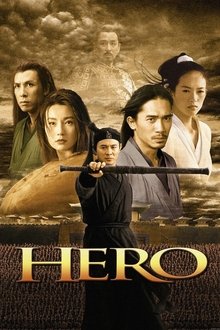
Hero (2002)
During China's Warring States period, a district prefect arrives at the palace of Qin Shi Huang, claiming to have killed the three assassins who had made an attempt on the king's life three years ago.

The Elementary Particles (2006)
Based on Michel Houellebecq's controversial novel, Atomised (aka The Elementary Particles) focuses on Michael and Bruno, two very different half-brothers and their disturbed sexuality. After a chaotic childhood with a hippie mother only caring for her affairs, Michael, a molecular biologist, is more interested in genes than women, while Bruno is obsessed with his sexual desires, but mostly finds his satisfaction with prostitutes. But Bruno's life changes when he gets to know the experienced Christiane. In the meantime, Michael meets Annabelle, the love of his youth, again.
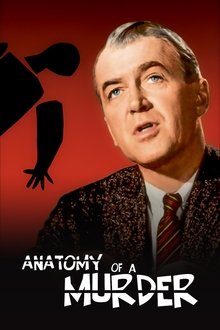
Anatomy of a Murder (1959)
Semi-retired Michigan lawyer Paul Biegler takes the case of Army Lt. Manion, who murdered a local innkeeper after his wife claimed that he raped her. Over the course of an extensive trial, Biegler parries with District Attorney Lodwick and out-of-town prosecutor Claude Dancer to set his client free, but his case rests on the victim's mysterious business partner, who's hiding a dark secret.
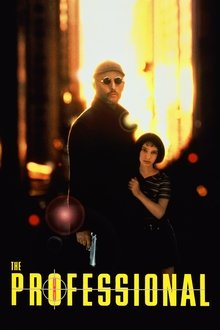
Léon: The Professional (1994)
Léon, the top hit man in New York, has earned a rep as an effective "cleaner". But when his next-door neighbors are wiped out by a loose-cannon DEA agent, he becomes the unwilling custodian of 12-year-old Mathilda. Before long, Mathilda's thoughts turn to revenge, and she considers following in Léon's footsteps.

Snatch (2000)
Unscrupulous boxing promoters, violent bookies, a Russian gangster, incompetent amateur robbers, and supposedly Jewish jewellers fight to track down a priceless stolen diamond.

Scarface (1983)
After getting a green card in exchange for assassinating a Cuban government official, Tony Montana stakes a claim on the drug trade in Miami. Viciously murdering anyone who stands in his way, Tony eventually becomes the biggest drug lord in the state, controlling nearly all the cocaine that comes through Miami. But increased pressure from the police, wars with Colombian drug cartels and his own drug-fueled paranoia serve to fuel the flames of his eventual downfall.
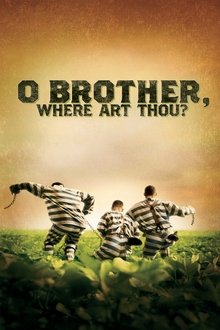
O Brother, Where Art Thou? (2000)
In the deep south during the 1930s, three escaped convicts search for hidden treasure while a relentless lawman pursues them.

All Quiet on the Western Front (1930)
When a group of idealistic young men join the German Army during the Great War, they are assigned to the Western Front, where their patriotism is destroyed by the harsh realities of combat.
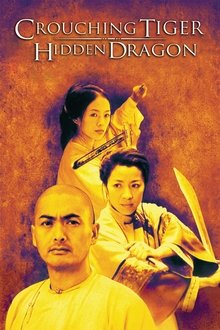
Crouching Tiger, Hidden Dragon (2000)
Two warriors in pursuit of a stolen sword and a notorious fugitive are led to an impetuous, physically-skilled, teenage nobleman's daughter, who is at a crossroads in her life.
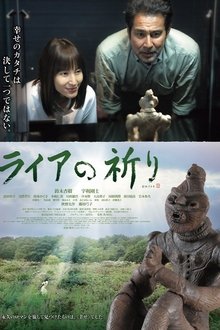
Raia Prays For… (2015)
Goro is an archeologist, fascinated with the national treasure Gassho clay figure and remains from the Jomon period. He meets a woman, Momoko who is timid with love. Momoko often has memories from ancient times and landscapes of the heart in her dreams. She tells Goro about her dream and their relationship deepens.
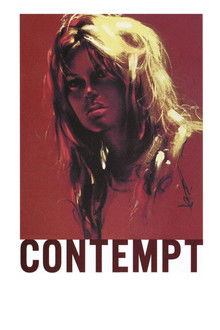
Contempt (1963)
A philistine in the art film business, Jeremy Prokosch is a producer unhappy with the work of his director. Prokosch has hired Fritz Lang to direct an adaptation of "The Odyssey," but when it seems that the legendary filmmaker is making a picture destined to bomb at the box office, he brings in a screenwriter to energize the script. The professional intersects with the personal when a rift develops between the writer and his wife.
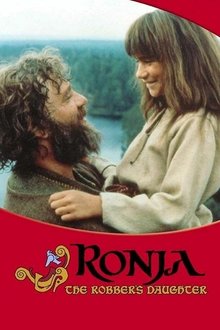
Ronia: The Robber's Daughter (1984)
Ronia lives happily in her father's castle until she comes across a new playmate, Birk, in the nearby dark forest. The two explore the wilderness, braving dangerous Witchbirds and Rump-Gnomes. But when their families find out Birk and Ronia have been playing together, they forbid them to see each other again. Indeed, their fathers are competing robber chieftains and bitter enemies. Now the two spunky children must try to tear down the barriers that have kept their families apart for so long.

The Silence of the Lambs (1991)
Clarice Starling is a top student at the FBI's training academy. Jack Crawford wants Clarice to interview Dr. Hannibal Lecter, a brilliant psychiatrist who is also a violent psychopath, serving life behind bars for various acts of murder and cannibalism. Crawford believes that Lecter may have insight into a case and that Starling, as an attractive young woman, may be just the bait to draw him out.
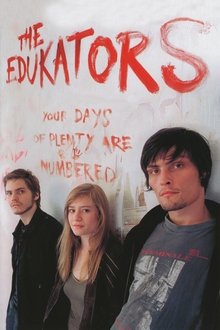
The Edukators (2004)
Three activists cobble together a kidnapping plot after they encounter a businessman in his home.

The Shawshank Redemption (1994)
Imprisoned in the 1940s for the double murder of his wife and her lover, upstanding banker Andy Dufresne begins a new life at the Shawshank prison, where he puts his accounting skills to work for an amoral warden. During his long stretch in prison, Dufresne comes to be admired by the other inmates -- including an older prisoner named Red -- for his integrity and unquenchable sense of hope.

